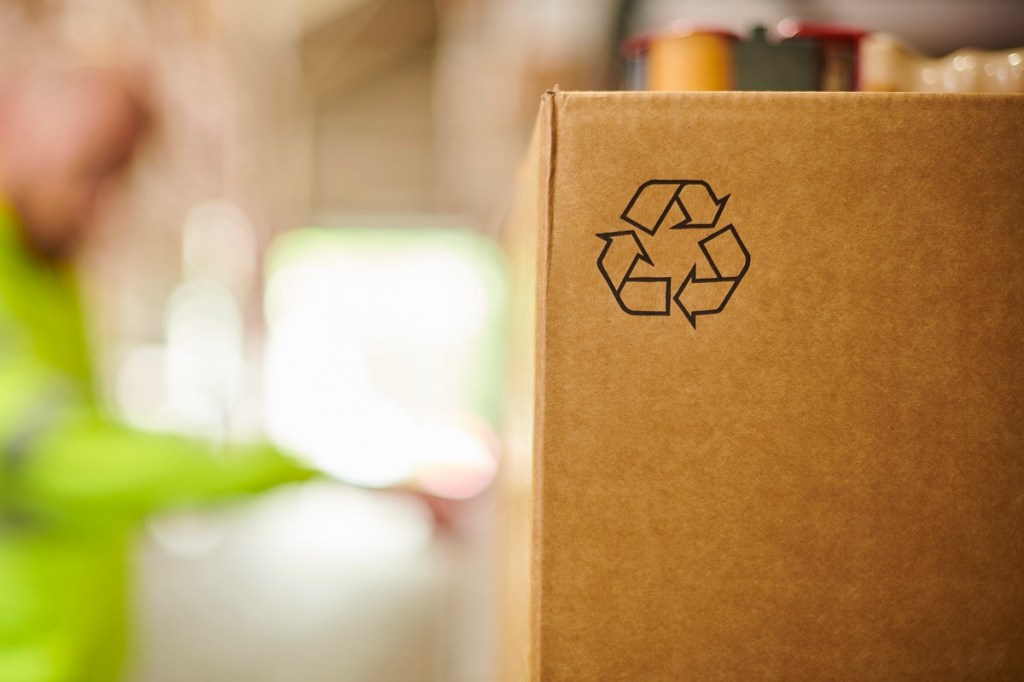Frucor Suntory has identified sustainable packaging as one of the key priorities shoppers consider when purchasing a product.
Cameron Davidson, Chief Consumer Officer Frucor Suntory, said a recent survey on beverage usage and attitude by Frucor Suntory, which interviewed over 5,000 Australians, found packaging to be a major factor for consumers when purchasing a product.
“The study highlighted that the recyclability of packaging was a top concern and a key driver in helping a consumer to make a purchase decision.”
Frucor Suntory are currently working towards achieving 100 per cent recyclable packaging by 2030 and are making significant progress towards this goal.
“Our move from shrink-wrap to cardboard will help us to remove 2.7 million pieces of plastic from going to landfill each year. We’ve taken further steps to introduce more PET and lightweight packaging. We’ve begun work on moving our carbonated beverages to recycled PET, removing shrink-wrap from our multipacks. We’re continuing to remove the colour from some of our PET, like our V Iced Coffee bottles.”
Daniel Bone, Insights Director Asia Pacific IRI, said their research showed similar concerns amongst consumers in regards to packaging.
“Packaging stands out because it is often a shopper’s first and last sustainability cue. 68 per cent of shoppers connect packaging with sustainability. Interestingly, they also prioritise waste reduction. When we asked shoppers to pick the top three things they most closely associate with sustainability, 53 per cent said their number one issue is reducing by-product/waste, followed by minimising environmental impact at 47 per cent and thirdly, a commitment to using renewable resources at 38 per cent.”
Bone said that IRI’s research showed the key priorities that consumer look for when purchasing a product and that demonstrates a clear pathway for FMCG retailers.
“Shoppers have spoken in the strongest possible terms about their views on sustainability – they want to save the planet and feel that they can help do this on a daily basis by making informed and proactive purchasing decisions with their food and grocery shopping.”

